Government publishes reports related to horticultural peat supply issues
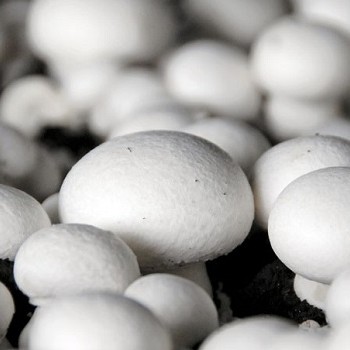
Commissioned to provide guidance on the regulatory process for the extraction of peat on sub 30-hectare sites
17 November 2022
Two reports addressing the challenges related to peat supply in the Irish horticulture sector have been published as part of the government’s working paper to support the domestic horticulture sector who are dependent on peat.
Seamus Boland of Irish Rural Link was commissioned by the Department of Agriculture, Food to assess the level and suitability of current peat stocks and the identification of potential sub-30-hectare sites suitable for regulatory compliant abstraction.
In his report entitled ‘Final Report on the assessment of the Levels and Suitability of Current Indigenous Peat Stocks and Identification of Sub-Thirty Hectare Sites and other recommendations to support domestic horticulture industry as it transitions to peat alternatives’,
While presenting Boland’s report at a meeting of the Joint Oireachtas Committee on Agriculture, Food and the Marine (JOC), Agriland reported that Minister of State with responsibility for Horticulture Pippa Hackett was told by committee members that the report does not seem to take into account the reasoning for this low engagement.
Boland’s report identified a lack of engagement with the planning process among peat extractors, but representatives and those working in the sector said this is due to the complicated system for obtaining harvesting licenses and planning permission.
The Department said Boland’s report made several additional recommendations that he felt should be considered in address the challenges the horticulture sector is facing.
The second report commissioned planning experts, Des Johnson and Padraic Thornton to provide guidance on the regulatory process for the extraction of peat on sub-30-hectare sites. The report entitled ‘User’s Guide for the regulatory processes (planning and environmental) that apply specifically to peat extraction activity for horticultural purposes on sites of less than 30ha in Ireland’ builds on the report commissioned by the Department of the Environment, Climate and Communications and National Parks and Wildlife Service.
In 2019, the High Court ruled that harvesting horticultural peat from bogs greater than 30ha requires a complex, multi-stage licensing and planning regime, unlike the single-stage systems in EU states.
Approximately 60% of the value of Irish horticulture is currently dependent on peat with the mushroom, amenity and soft fruit sectors being most reliant. The industry therefore requires continued access to peat until alternatives are developed.
The horticulture sector is committed to developing alternatives to peat as a growing medium. Peat should be phased out by 2030, or by the very latest of 2035, providing alternative materials are available.
Currently peat supplies in Ireland are extremely low, putting many operators in the industry at risk of going out of business.
“The extraction of peat for the Irish professional horticultural industry in recent years has been challenging from a legal and regulatory perspective,” said Minister for Agriculture, Food and the Marine, Charlie McConalogue. “These challenges remain but I thank the respective experts for the work to-date. My colleague, Minister Hackett, with direct responsibility for the horticulture sector, continues to engage with Ministerial colleagues across government to agree the next steps in ensuring that there will be an adequate supply of peat for the horticulture sector in the short-term. It is a key focus of the department and us, as Ministers, to plot a sustainable and bright future for the growers and the industry as a whole.”
The Working Paper that includes the Series of Actions to support horticultural growers can be found at the following link: Publication of reports commissioned as part of the peat working paper.



 Print
Print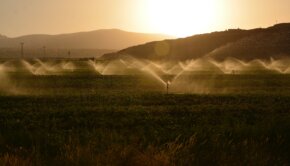

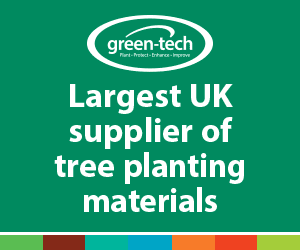
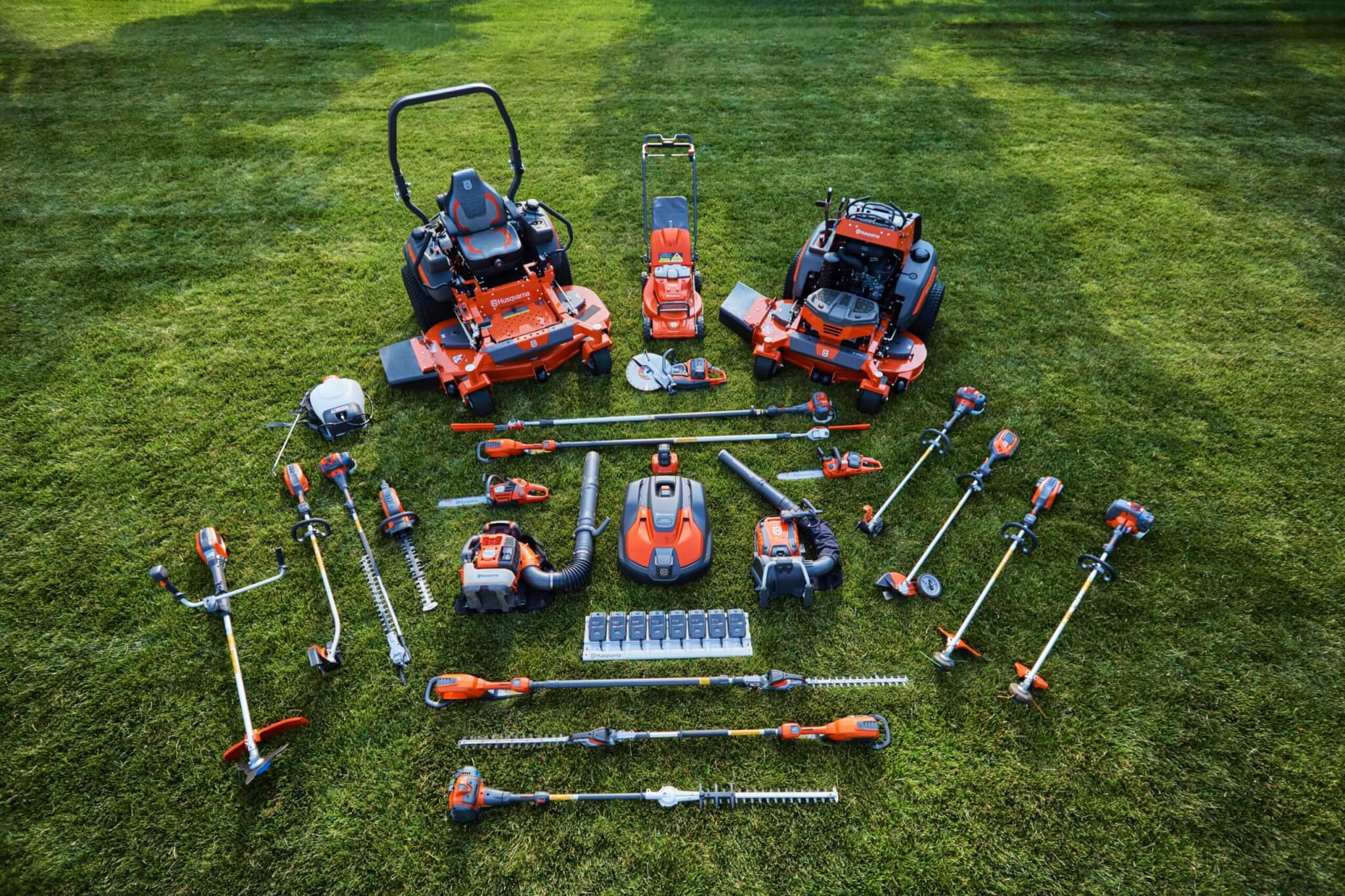

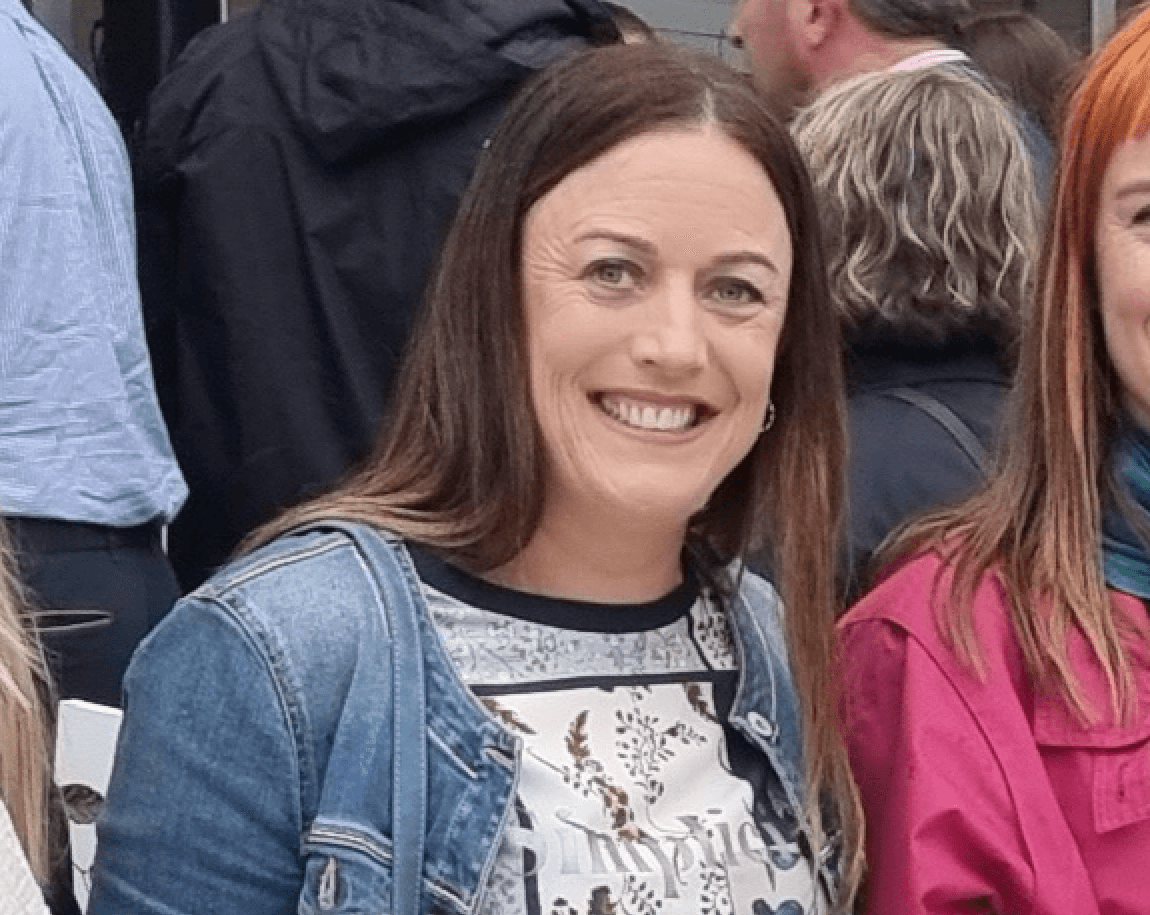

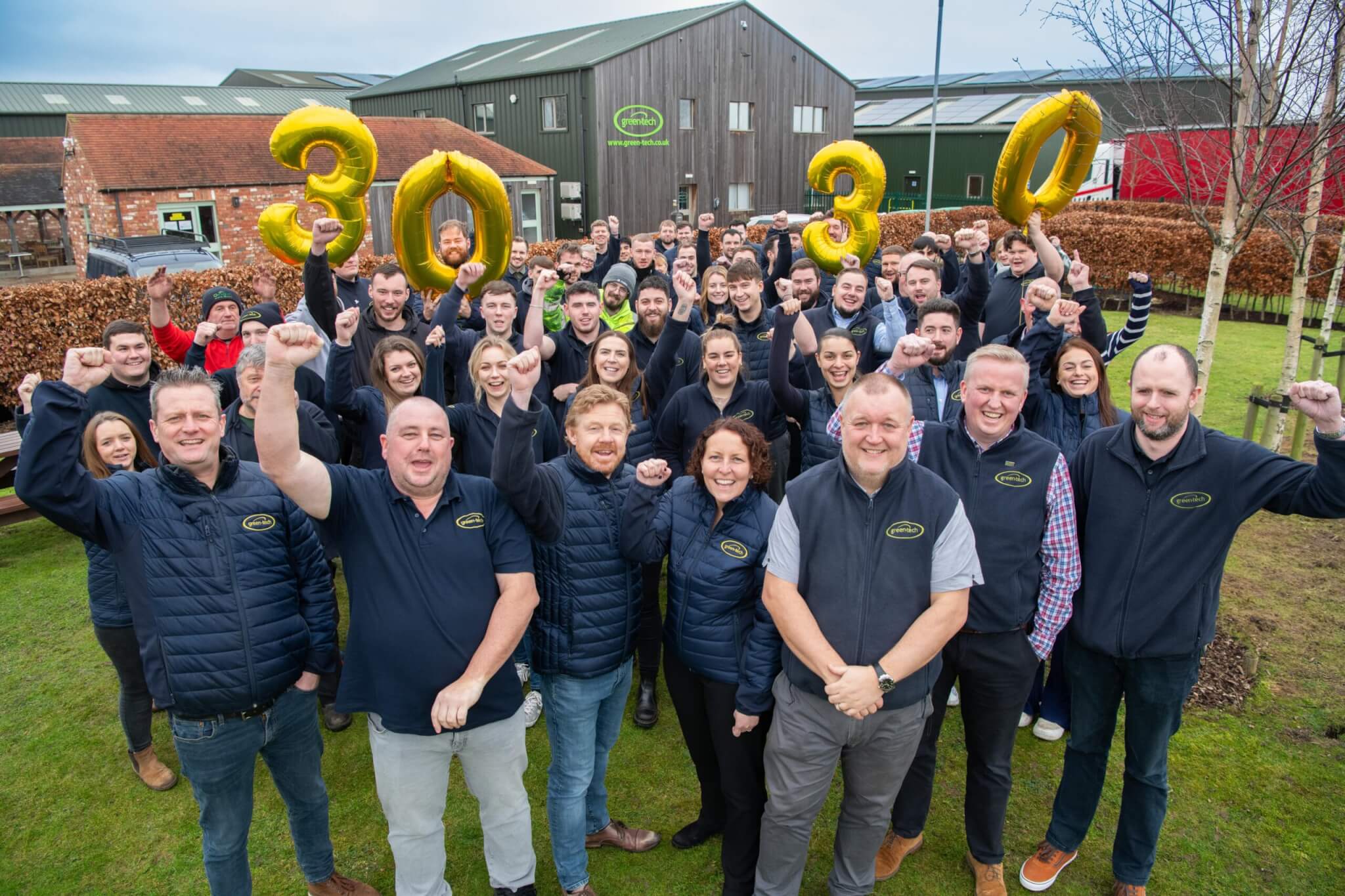


Fans 0
Followers